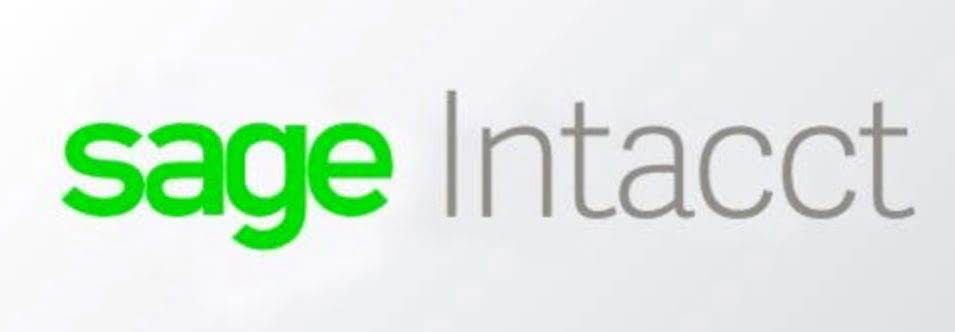
It’s been really interesting to see accounting from another perspective as part of an internal accounting team. I’ve met plenty of great accountants who don’t have a CPA, but in my experience, having the credential really helps to advertise your expertise and makes a difference in your compensation and career options. There are some workplaces that don’t want to consider someone for an accounting role who is not a CPA. The CPA is an important credential to me, and I still get continuing education credits every year to keep up with our state requirements. This helps me keep current on issues happening in the industry and new accounting pronouncements. Readers wondering “What is a CPA?” may think only of their local tax preparation professional — someone who sits behind a desk and files dozens of tax returns from January to April.
Public accountants serve as the critical bridge between businesses and the financial world at large. Their role extends beyond numbers; they are guardians of trust, ensuring that financial information remains accurate, transparent, and in compliance with regulations. In a world where investors, stakeholders, and the public what is public accounting demand financial accountability, public accountants play an indispensable role in maintaining the integrity of financial reporting. This comprehensive examination is a formidable barrier to entry, testing candidates on their knowledge, analytical skills, and ability to apply accounting principles in real-world scenarios.
Acid Test Ratio: Definition, Formula & Examples
As a college student, I learned and liked that accounting is the basis and building block of many financial and business decisions. And I liked that there are lots of different job options and that I would not be unemployed after graduation. Personnel assist clients with the direct preparation of their financial statements. This can include the handling of many accounting functions on an outsourced basis. The healthcare landscape is marked by constant changes in government policies and insurance regulations, making it a challenging environment for CPAs.
That could mean doing a double major, taking additional college classes, or earning a master’s degree. CPA is a license awarded by the state you want to work in, which allows you to practice as an advanced accountant. Once you’ve passed them and met the work experience requirement, you’re eligible to apply for a CPA https://www.bookstime.com/articles/in-kind-donations license with your state board of accountancy. A CPA’s job description varies by employer, but common duties include advising clients on financial matters, preparing and filing tax documents, and creating financial reports. The teachers there are wonderful and really prepared me well for a future in accounting.
CPA vs. accountant: What’s the difference?
Besides tax advising and preparation, CPAs might specialize in auditing, bookkeeping, consulting, management or financial advising and planning, to name just a few. You might even work with a CPA to determine the best strategy for managing your income and withdrawals from individual retirement accounts (IRAs) and 401(k)s in retirement. Companies hire public accounting firms for internal and external audits because only a third party can conduct an authentic audit. Internal audits provide transparency and accuracy of the financial statements and help improve the company’s internal controls.


No Comments